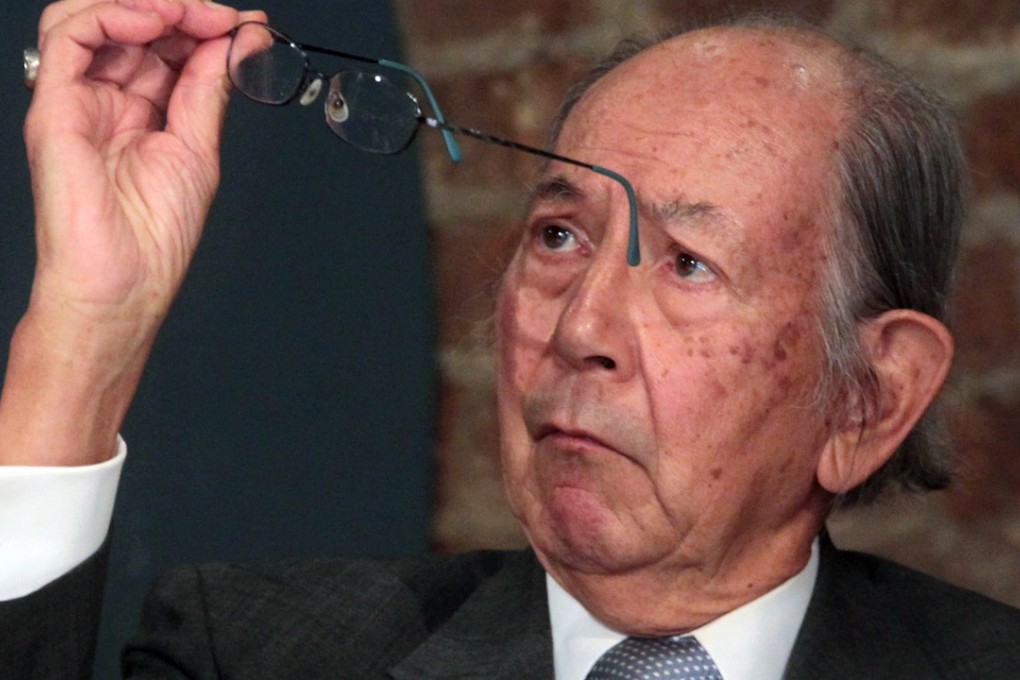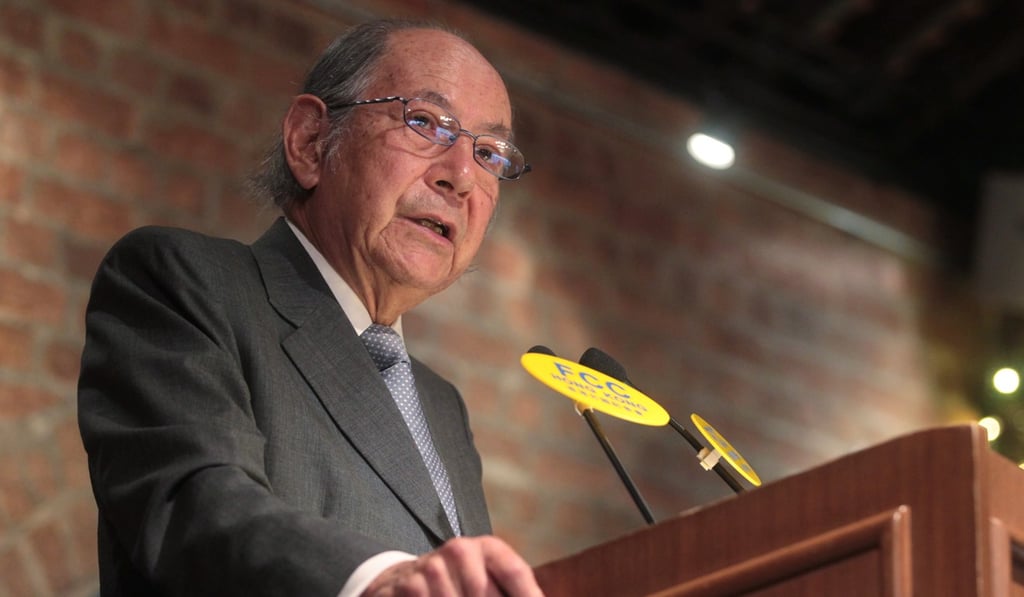Hong Kong courts handing down judgments that are too complicated, former top judge says
Former Court of Appeal judge says rulings are sometimes too hard for average person to understand

A former top Hong Kong judge has hit out at the city’s judiciary for handing down long and complicated judgments and accused the highest court of acting unconstitutionally in one case.
Former Court of Final Appeal judge Henry Litton said the common law system that the city inherited from Britain was meant to be transparent and “reasonably understandable” by the average person.
“What has happened in Hong Kong over the past 20 years is that the system – as developed in the higher courts – is one which few, if any, can understand,” he said.

Litton was the most senior Court of Final Appeal judge after the chief justice during his tenure from 1997 to 2000. He continued to serve as a non-permanent judge during his retirement.